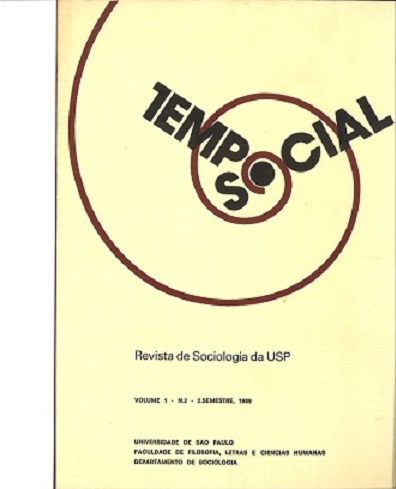The question of morality: from Kant´s practical reason to Haberma´s discoursive ethics
DOI:
https://doi.org/10.1590/ts.v1i2.84764Keywords:
Morality, the philosophical, the sociological, the psychogenetic and the discoursive approachesAbstract
Morality as a guiding principle for action allows for various approaches, thus suggesting an interdisciplinary treatment of the problem. This essay focus on four of such approaches: the philosophical (Kant´s), the sociological (Durkheim´s), the psychogenetic (Khlberg´s) and the discoursive (Habermas´s) ones. The cleavage that orients this selection and defines the themes for analysis is Piaget´s genetic structuralism, which provides the necessary elements to adequately grasp the problem as a whole. Genetic structuralism is based on reason, includes society in the reflexive process, recreates the genesis of judgement and considers discourse as a fundamental element. Thus Piaget finds support in Kant, takes Durkheim into account, sets the ground for Kohlberg and antecipates Haberma´s theorization.Downloads
Download data is not yet available.
Downloads
Published
1989-12-01
Issue
Section
Articles
License
Copyright (c) 1989 Tempo Social

This work is licensed under a Creative Commons Attribution-NonCommercial 4.0 International License.
How to Cite
Freitag, B. (1989). The question of morality: from Kant´s practical reason to Haberma´s discoursive ethics. Tempo Social, 1(2), 7-44. https://doi.org/10.1590/ts.v1i2.84764


